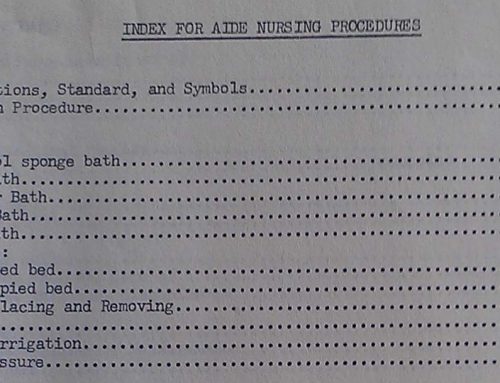The following is a transcription of an editorial published in The Oregon Daily Journal, on Thursday, October 6, 1949.
The Citizens Action committee and the Central Club council of Portland and local representatives of the American Equity association have made some sensational charges of brutality and neglect in Oregon state hospital for the mentally ill.
They told the state board of control Tuesday that they have information indicating that several “murders” had been committed in recent years, that patients were kicked and beaten and that patients were forced to work in violation of the 13th amendment.
The admitted weakness of their case, of course, is that it is based primarily upon the testimony of patients and former patients, some of whom are credible witnesses and some of whom are not, with only partial corroboration by former employes. In the words of one spokesman, “it is mighty hard to prove.” That is unfortunate.
As for working patients in violation of their constitutional rights, there is a fine line between work that has definite physiotherapeutic value and what the Citizens Action committee calls forced labor. In broad terms productive work inside our stat institutions is a blessing, not a curse. It is the lack of diverting activity that becomes refined cruelty.
The Journal will go along with requests for a full-time business manager and a full-time chaplain at Oregon state hospital–at Oregon state penitentiary also. It is in complete disagreement with the Citizens Action committee, however, in the latter’s advocacy of compulsory jury trials for all allegedly mentally ill persons. Nor does The Journal agree with the committee that the superintendent of Oregon State hospital is not responsible for conditions in that institution, good or bad. His is the credit, his the blame.
Be that as it may, the charges of these citizen groups cannot be ignored and must not be whitewashed, poorly documented though they be. It is to their credit that they have interested themselves in the welfare of the more than 5000 patients in Oregon’s three institutions for the mentally retarded and the mentally ill. If more Oregon citizens interested themselves directly in these hapless state wards, the conditions about which complaint is made would not and could not exist.



